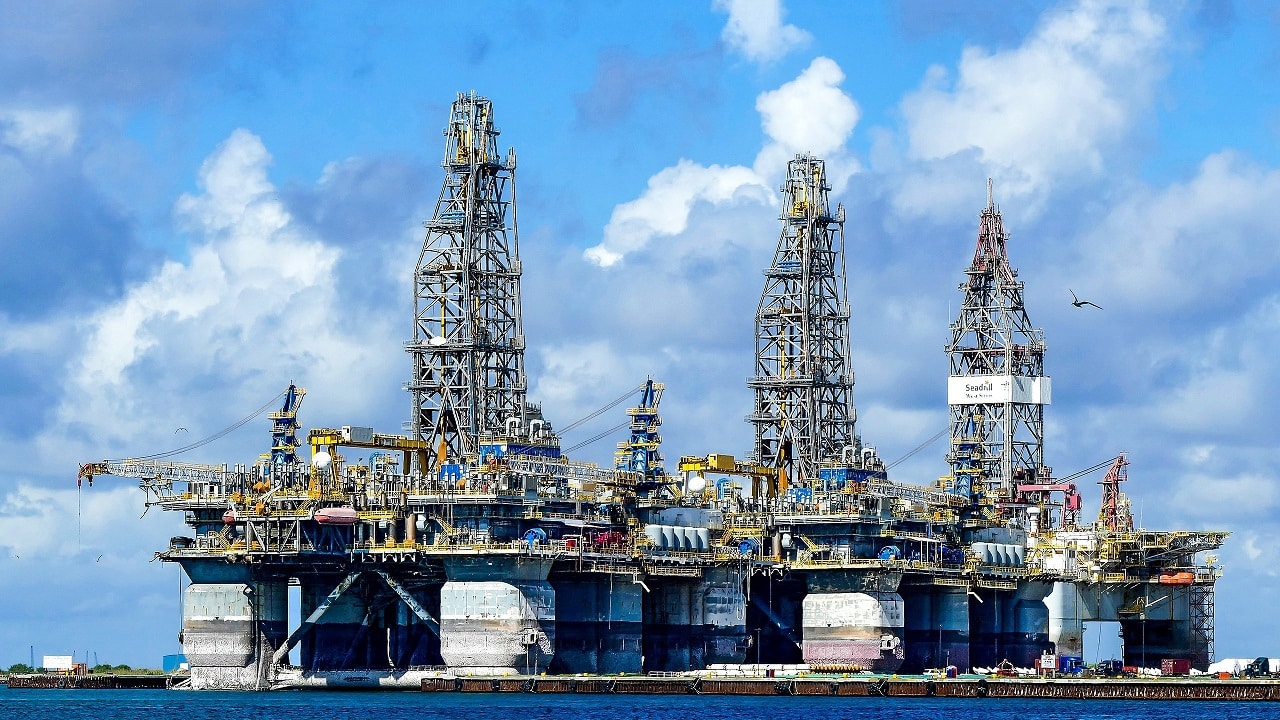Last month, the Biden administration reportedly considered inviting representatives from Cuba and Venezuela to the Summit of the Americas, a gathering of heads of state and government from the nations of the Western Hemisphere.
Sources close to the discussions revealed how the Biden White House was considering bringing representatives of the two dictatorships to the meetings, due to take place on Monday. However, after sources revealed details of the discussions late in May, the White House scrambled to deny the reports and insist that representatives of either nation would not be invited.
A State Department official communicated the news last Thursday, following reports of a possible boycott by some leaders if the Biden administration went ahead with the plan.
Despite the confirmation, however, Colombian President Ivan Marquez weighed in on the rumors and insisted that representatives of dictatorships should not be welcome at the upcoming event.
“All the members of the Organization of American States, we all defend democracy. And if you want to be a member of the organization, you have to defend democracies. So I clearly believe that the Summit of the Americas shall not be an instrument of non-democratic regimes to participate in order to try to get diplomatic legitimacy. I think no dictatorship shall participate in the Summit of the Americas,” President Duque told Fox News this week.
His comments follow a threat from Mexican President Andres Manuel Lopez Obrador, who has yet to confirm his attendance and even threatened to boycott the event if it was not inclusive.
What Is the Summit of the Americas?
The Summit of the Americas is a five-day-long gathering of the heads of state and government of countries in the Western Hemisphere. The institutionalized gatherings are designed to allow government leaders and representatives to discuss policy issues that impact the continent, affirm shared values, and commit to specific policy actions.
Previous gatherings have been just as contentious as this year’s gathering, with the last meeting in Peru in 2018 attracting controversy over Peru’s refusal to invite Venezuelan President Nicolas Maduro – a leader officially recognized by the United States and other governments.
This year, the presidents of Mexico and Bolivia have indicated their willingness to boycott the event if it is not inclusive of representatives of all countries in the American continent, and their positions were supported by the leaders of Honduras, Chile, and Argentina.
What Is Biden Thinking?
The answer is simple: oil.
Ahead of the summit, the Biden White House moved to adjust some of its sanctions on Venezuelan and Cuban as he pursues alternatives to Russian oil.
Last month, the White House announced steps to walk back the “maximum pressure” sanctions approach against the countries that former President Donald Trump championed during his time in office. It means that the White House will allow select U.S. travel to Cuba and will also increase U.S. remittance flows.
The Biden White House will allow at least 20,000 U.S. immigrant visas to Cuban citizens every year.
In Venezuela, the Biden White House is preparing to lift several oil-related restrictions. The country has some of the biggest oil reserves in the world, and with sanctions against Russian energy causing skyrocketing fuel prices across the United States and Europe, Venezuela could well provide the U.S. government with the additional supplies it needs to bring prices down.
Jack Buckby is a British author, counter-extremism researcher, and journalist based in New York. Reporting on the U.K., Europe, and the U.S., he works to analyze and understand left-wing and right-wing radicalization, and reports on Western governments’ approaches to the pressing issues of today. His books and research papers explore these themes and propose pragmatic solutions to our increasingly polarized society.

